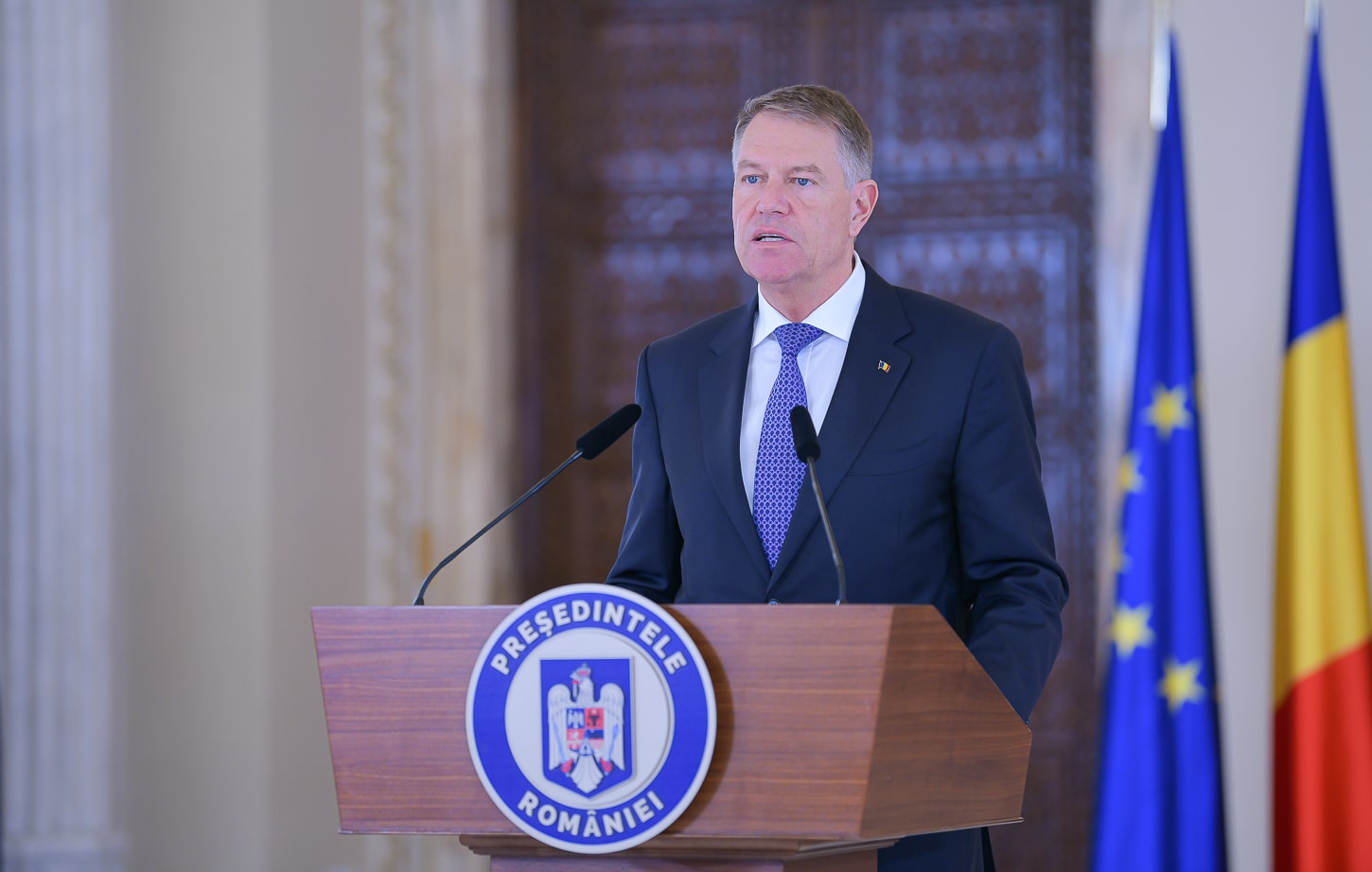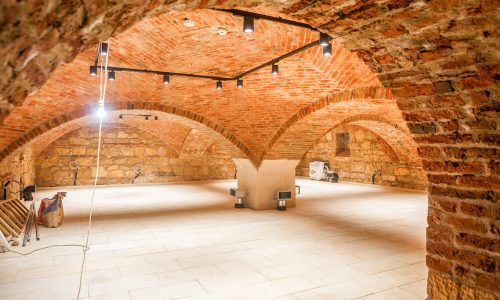In a press statement held on March 4th, 2022, President Klaus Iohannis announced that the Romanian authorities will not extend the “state of alert” beyond March 8th, 2022.
The country has been under some form of special state since the beginning of the COVID-19 pandemic hitting Romania in March 2020. At that time, the country was placed into a “state of emergency” which saw significant restrictions on every day life.
In May 2020, this was lowered to something called the “state of alert”, which basically has remained in place until now, resulting in over 2 years of restrictions or special requirements of some kind or another, in order to prevent the spread of the COVID-19 virus.

During his statement, he said, “The COVID-19 epidemic is on an accelerated downward trend in our country, and the fifth wave is about to end. It is time, therefore, to make new decisions related to the management of this situation, decisions with a major impact for the future … With the lifting of the state of alert, a series of measures that have been in force until now will be eliminated. The complete measures will be announced and explained in detail, in the next period, by the competent authorities.“
Thankfully, the “Omicron” variant, which fuelled the fifth wave of the pandemic, resulted in around two-thirds less fatalities compared to the previous wave, the “Delta” variant which hit the country in October 2021. The firth wave peaked at over 40,000 new daily cases on February 1st and daily new infections have been dropping since.
Cluj-Napoca still has a high incidence rate, much higher than during the Delta wave, but fatalities still remain lower than that of previous waves, with vaccination being a key aspect of less serious side-effects.
At the time of his announcement, Romania has recorded a vaccination percentage of 41.8% of the total population, which is one of the lowest vaccination rates across the EU/EEA. The low vaccination rate has been one of the key reasons that Romania has kept a number of restrictions in-place, despite other European countries, relaxing them towards the end of 2021.
At one point, Romania has one of the highest mortality rates of any country in the world, recording the highest number of daily deaths per each million of the population. The President added, “More than 63,000 Romanians lost the battle with the disease, leaving behind a huge gap and countless grieving families. These figures express a lot of suffering, they are a reflection of tragedies that have produced deep traces. The last two years have brought many challenges, which have influenced us in various ways: the rapid spread of the virus, isolation, pressure on the health system, school closures, affecting many sectors of the economy, diminishing social interactions, all these have had a negative impact and they have raised countless barriers for us.”
He praised the authorities, medical staff and citizens by saying, “The fact that today we can speak of a new stage, which means at least the end of this pandemic wave, is largely due to the effective prevention measures adopted by the authorities. … Obviously, we could not have succeeded without the responsibility of the citizens, without the solidarity of the Romanians, who, for the most part, understood and respected the rules. Special thanks for this! I would also like to thank once again the doctors, nurses, nurses, pharmacists and all those who have always been at the forefront of the fight against the virus and have shown their dedication and professionalism. The exemplary mobilisation of the health system, despite the major vulnerabilities it has faced, has been impressive.”
However, he did emphasise the fact that the population must remain vigilant and retain good prevention habits which have become the norm over the past 2 years. He informed that even if there are signs of cases continuing to decrease, that the population should continue to vaccinate themselves in order to protect against any serious illness, as we are expected to have to live with this new virus.
The Government hasn't yet published exactly which restrictions are going to be removed, and these updates will be published in due course.



